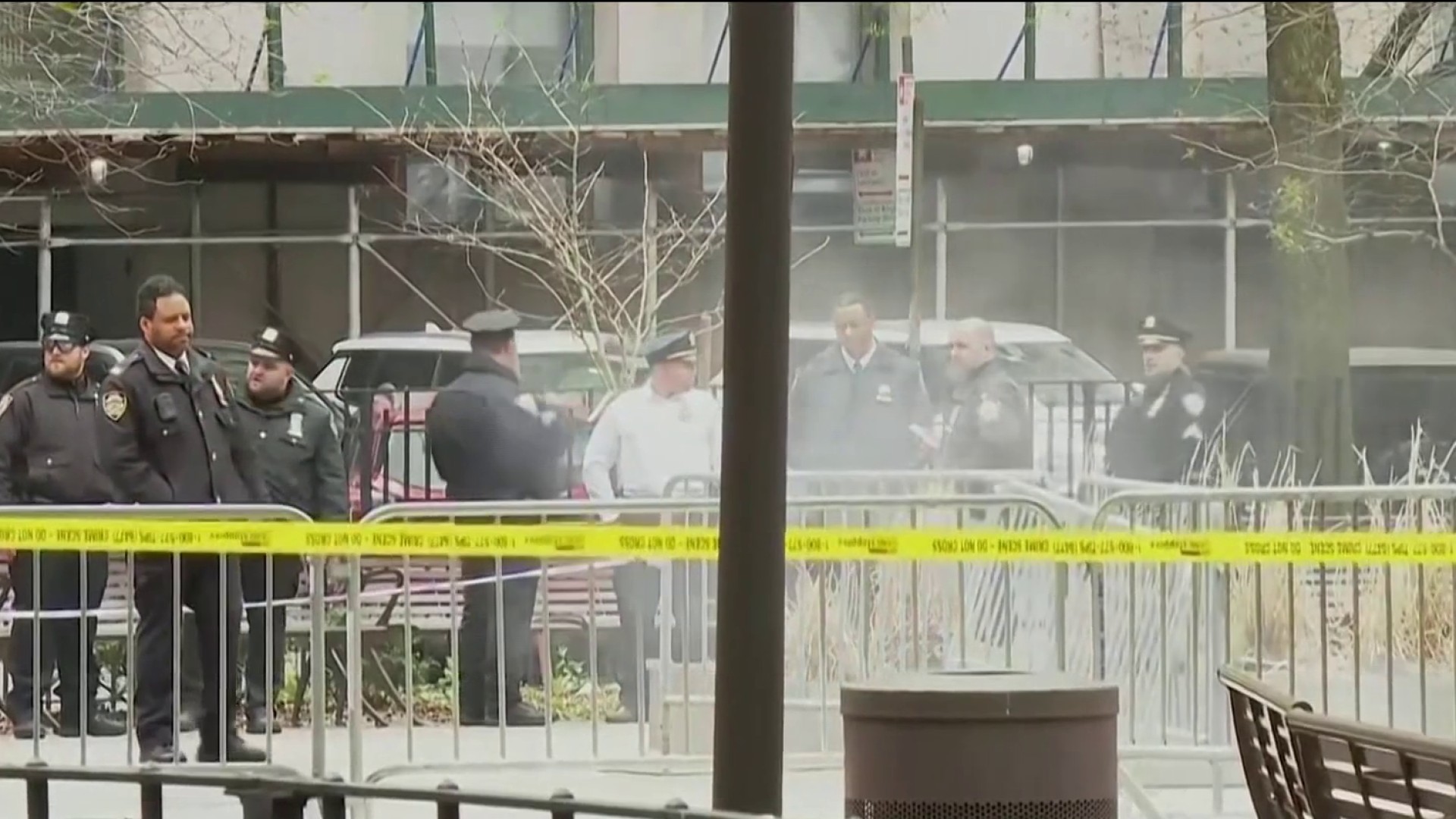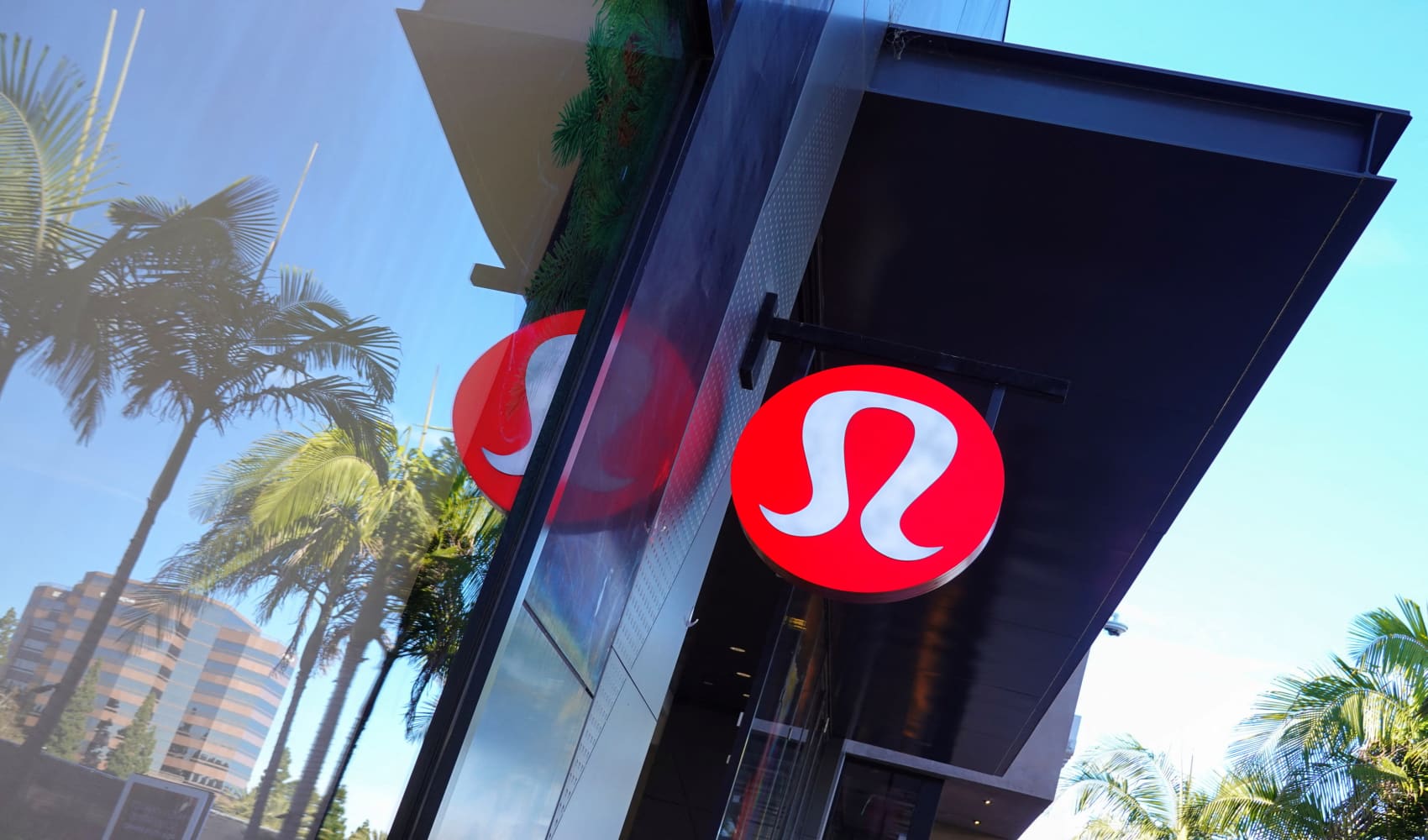What to Know
- Election Day is on Nov. 6, but voting has already begun
- Minnesota law allows in-person voting to begin Friday, making it the first battleground state to begin casting actual votes
- South Dakota opens early voting on Friday, and key states like New Jersey and Missouri allow voting in the next six days
Much of the political world is consumed with a battle over a Supreme Court nominee, an expanding international trade war and President Donald Trump's social media posts. Yet in Minnesota, the first votes of the 2018 midterm elections are being cast.
Voting machines are set up inside city buildings. A series of get-out-the-vote rallies is scheduled. And each party is spending millions of dollars to push its supporters to the polls.
While Election Day 2018 is technically Nov. 6, Minnesota law allows in-person voting to begin Friday — a full 46 days early — making it the first battleground state to begin casting actual votes in the broader fight for control of Congress.
Voters in every corner of the nation will soon follow.
South Dakota also opens early voting on Friday, and four more states follow in the next six days, including key states including New Jersey and Missouri. California, Montana and Arizona are among seven others that allow early voting in the subsequent two weeks.
It may feel early, but make no mistake: The final phase of the 2018 midterm season has begun.
U.S. & World
"It's like Election Day every day," said Jake Schneider, spokesman for Minnesota Republican Senate candidate Karin Housley. "It really changes the dynamic of an election. It really does. And it's exciting."
The commencement of voting in key states underscores the heightened significance of virtually every major development — political or otherwise — on the state and national stage in the coming days. Economic indicators, the president's tweets, new revelations in the special counsel investigation and even the weather begin to matter much more as voters decide whether to go to the polls.
It's been an inauspicious beginning to the voting season for Trump and his Republican Party, which continue to struggle under the weight of near-constant self-imposed crises and chaos.
The president escalated a trade war with China in recent days, triggering new waves of concern among farmers and major employers across Minnesota and beyond. And the GOP's continued embrace of Supreme Court nominee Brett Kavanaugh, despite an allegation of decades-old sexual misconduct, threatens to further alienate suburban women, a key constituency this fall that has already largely turned away from Trump.
Political parties and their allies are ramping up voter outreach programs in several states to mark the beginning of the early voting phase.
The Democratic allies, Priorities USA Action and the Senate Majority PAC, for example, are launching a multimillion-dollar digital ad campaign next week as part of a voter mobilization program across five states that targets African-Americans, young Hispanics and other young people.
One of the new ads, shared with The Associated Press, highlights the rise of white supremacists in the Trump era. In another, a young black man says, "I'm willing to do whatever it takes to vote this year."
As is the case in many midterm battlegrounds, outside groups for several weeks have been dumping money into Minnesota, which features at least four competitive House elections, two U.S. Senate contests and a governor's race.
Each of the political parties deployed paid staff and volunteers on the ground several months ago to identify supporters and persuade them to vote.
Democrats are focused on turning out "communities of color" in Minnesota, particularly in the areas around Minneapolis that feature large Somali and Southeast Asian populations, according to Ramsey Reid, the Midwestern regional director for the Democratic National Committee.
Democrats are working to ensure that minorities, who are considered more sporadic voters in some cases, comprise more than 8 percent of the Minnesota electorate, Reid said, noting that they made up less than 6 percent in the last midterm elections.
Republicans are focused on trying to bank their own set of "low-propensity" voters in the initial days of early voting, a group identified through several months of on-the-ground work with its expanding network of field staff and volunteers, according to Matt Dailer, the political strategy director for the Republican National Committee.
The RNC has a permanent presence on the ground in Minnesota and 19 other early voting states, he said, noting that the GOP is running a series of nationwide get-out-the-vote tests beginning Oct. 1 to ensure its system is running smoothly.
Minnesota faces an unusually high number of competitive races this fall.
Recent polling gave narrow leads to Democratic Rep. Tim Walz in the gubernatorial race and incumbent Democratic Sen. Tina Smith in the special election to fill the final two years of Democratic former Sen. Al Franken's term, but their Republican opponents were within striking distance.
And four of the state's eight congressional races are considered tossups. Two of those races, in southern Minnesota's 1st District and northeastern Minnesota's 8th District, are for open seats held by retiring Democrats, and they afford Republicans two of their pickup opportunities in the nation. That's essentially the only place where the GOP is poised to flip a Democratic seat. In the suburban 2nd and 3rd districts, however, Democratic challengers stand good chances of defeating Republican incumbents.
Minnesota Democrats have planned an early vote campaign blitz this weekend with a series of rallies and surrogate appearances featuring people like former Planned Parenthood president Cecile Richards, Nevada Sen. Catherine Cortez Masto and David Wellstone, the son of the late Minnesota Sen. Paul Wellstone.
After a Friday rally at the University of Minnesota in Minneapolis, Smith and other Democrats plan to encourage attendees to hop on the nearby light-rail train and head downtown to vote.
Democratic congressional candidate Angie Craig, who's taking on GOP incumbent Rep. Jason Lewis in the 2nd District, was planning her own "Early Vote Weekend of Action."
"This race will come down to who turns out to vote between Friday and Election Day," Craig told the AP. "We need every Democrat to turn out for this election."
Minnesota is among 37 states that offer "no-excuse" absentee voting or another kind of early voting this year. Roughly 40 percent of ballots nationwide were not cast in a polling place on Election Day in the 2014 and 2016 elections.
Minnesota's no-excuse absentee voting system has soared in popularity since it rolled out in 2014. Voters don't have to give a reason for voting early, as some states require, and they can change their minds until a week before Election Day.
"We no longer have an Election Day; we have an election window," said Wendy Underhill of the National Conference of State Legislatures. "It's beginning now."



